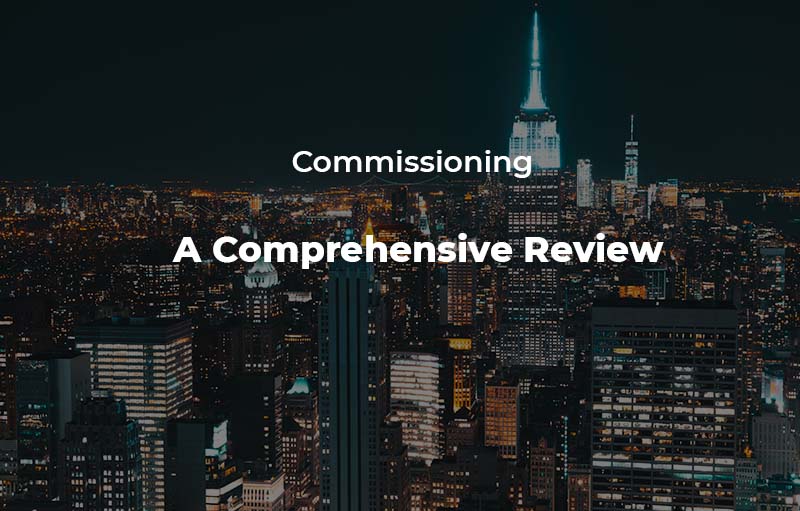
01 Oct Commissioning – A Comprehensive Review
Commissioning is one of the most important aspects that a Building Owner should look at for cost savings, energy consumption reduction and Compliance with Local Laws. NYC Local Law 87 applies to buildings larger than 50,000 square feet and mandates for them to file an ‘Energy Efficiency Report’ (EER), once every 10 years, with the Department of Buildings. The report has to contain details of the energy audit results & retro-commissioning measures- both, required by the law and deemed penal in cases of non-compliance as a Class 2 violation. Property owners will be subjected to fines of $3000 for the first year and $5000 for each additional year of non-compliance.
Building owners are obligated to submit the report in the calendar year in which the last digit of the year coincides with the last digit of the building’s tax block numbers. The submittals are to be made to LL87@buildings.nyc.gov.
Retro-commissioning is an organized process of documentation that identifies low-cost operational & maintenance improvements in the existing buildings. It includes a proper analysis of operating protocols, calibration and sequencing, cleaning and repairs, and training and documentation issues. The focus lies on mechanical equipment, lighting, and related controls to optimize performance as opposed to major equipment replacement.
It typically begins with studying past utility bills & conducts interviews with the facility personnel, followed by execution and analysis of diagnostic monitoring and functional tests of building systems. These are finally retested and re-monitored to fine-tune improvements, all of which results in improved indoor air quality, comfort, controls, & energy and resource efficiency. Before filing the report, as required by Local Law 87, owners must ensure for the retro-commissioning to have been completed by a retro-commissioning agent for the required base systems.
Retro-commissioning is most useful after having conducted an energy audit. It is also a component of LL87, which requires owners to receive an energy audit but does not require them to follow the recommendations described therein.
Energy auditing is one of the first steps towards efficient energy management of a building. The process comprises identifying, surveying and analyzing the energy usage of the building to facilitate optimization while reducing energy consumption, thereby increasing the savings of cost as well as energy. Energy auditing regards itself primarily with health and safety along with reducing energy consumption without hampering the operations.
Energy audits ensure consistency, accuracy and quality as per ANSI/ASHREA/ACCA Standard 211-2018. It is dignified as the best practice for energy survey & analyses for purchases and providers of energy audits services.
The Energy Conservation Measures (ECM) detected during retro-commissioning will typically demand re-programming controls, repairing dusty dampers, replacing faulty actuators, valves, variable speed drives and sensors. Building retro-commissioning will also thoroughly assess the building operators, and how its controls are being used because poor operational procedures imply energy wastage. The ECMS identified are mostly low cost/no cost measures. The purpose of retro-commissioning is to essentially optimize the existing system performance through fine tuning and upgrades rather than relying on major equipment replacement (which energy audits might). Besides, the analysis will help the owners make informed decisions when considering improvements to the facility and well, avoid costly pitfalls in the future.
One of the largest benefits of Commissioning is compliance with the on coming NYC Local Law 97 and the Climate Mobilization Act! Timely compliance is vital and commissioning will be a big step towards compliance! The Cotocon Group are experts in Commissioning and Sustainability Laws compliance! Contact us for more details!
